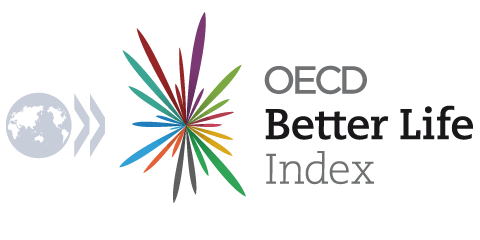Creating equitable and sustainable well-being
By guest author
What do we mean when we talk about societal well-being? The concept of well-being changes between historical periods, places and cultures and cannot therefore be defined simply according to a theoretical format.
Moreover, scientific research in this field shows us that, at the moment, no single statistical indicator is capable of fully representing a society’s state of well-being, leaving us to refer to a range of measures to define it. This is why the choice of the main dimensions of well-being to which a society should refer, and therefore the indicators chosen to represent them, require the direct involvement of the various components of society. If well-organised, this process provides an important democratic legitimisation for the measures chosen to represent the concept of well-being, something which is essential if they are to be used to identify possible priorities for political action.
Taking these considerations into account as well as recommendations made at international level, a process was initiated in Italy to identify a shared measurement of well-being at the national level, to become a reference point for public debate and to be used to guide important democratic choices for the country’s future. In order to define the essential elements of well-being in Italy, the national council for economics and labour (CNEL) and the national statistics office (ISTAT) set up a “Steering Committee for the measurement of progress in the Italian society” bringing together representatives of the social partners and civil society. Furthermore, Istat established a large and qualified Scientific Commission of experts from the various domains of societal well-being.
This organisational approach stemmed from the consideration that there are two essential elements for measuring progress: the first, strictly political, relates to the contents of the concept of well-being; the second, of a technical-scientific nature, concerns the measurement of the relevant concepts. As a result, Cnel, a constitutional body representing civil society whose members include representatives from social partners and not-for profit groups and Istat, an institution where experts deal with measuring various economic, social and environmental phenomena, have combined forces to reach a joint definition of a shared set of indicators to be used to define the situation and measure progress in Italy.
The concept chosen for this exercise was “Equitable and Sustainable Well-being” and the project aimed at analysing the levels, time trends and distribution of its various components, in order to identify the strengths and weaknesses, as well as particular territorial imbalances or advantaged/disadvantaged social groups, considering them from an inter-generational point of view (sustainability).
The result of this effort, which places Italy in the forefront of the international trend for the development of well-being indicators going “beyond GDP”, is described in the Bes 2013 report, written in a language accessible to everyone. The synthesis of the report and the trends on wellbeing are also available in English. Moreover the website www.misuredelbenessere.it provides a platform for the analysis of the Bes indicators and the body of statistical and methodological information developed during the project.
However the set of indicators of Equitable and Sustainable Well-being used in this Report must not be seen as definitive: the experts consulted over these months have already suggested improvements aiming, for example, at providing a more accurate picture of economic, social and environmental sustainability of the country’s current development process. Finally, initiatives have been launched to extend the availability of indicators to both provincial and metropolitan levels.
About the author
Adolfo Morrone, Senior Researcher at ISTAT


Comentarios